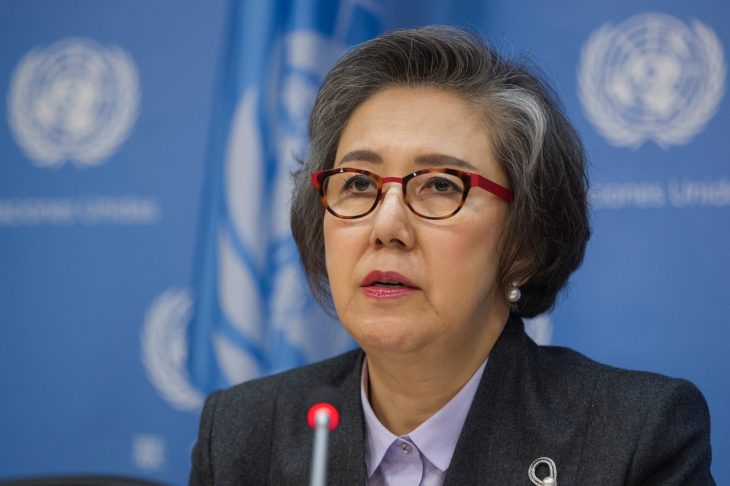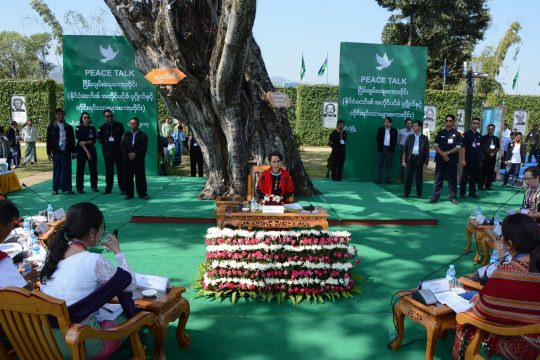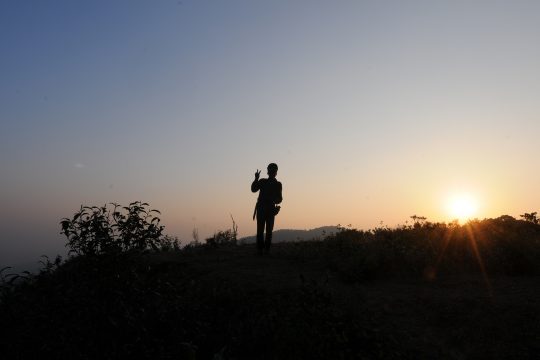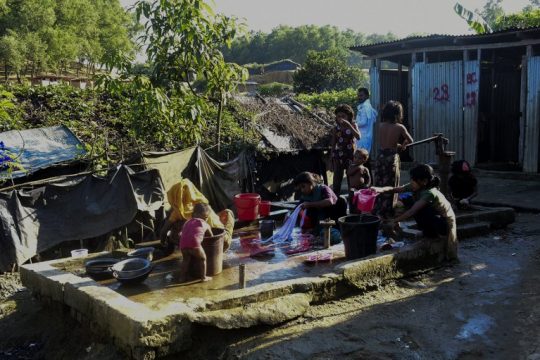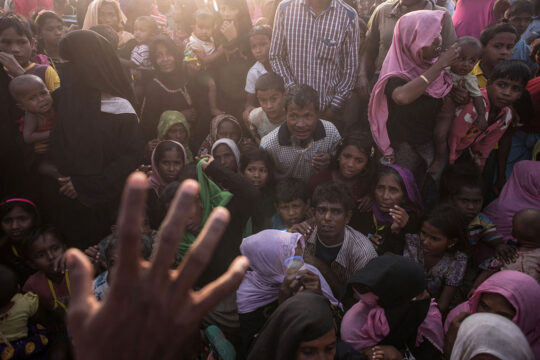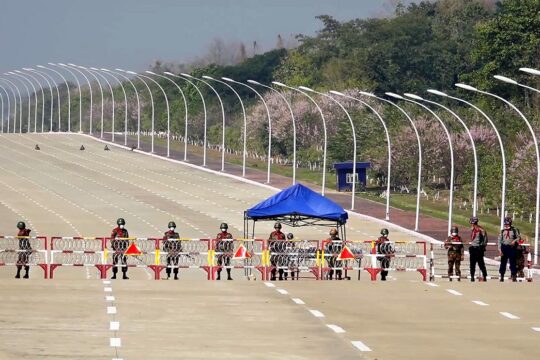As the Human Rights Council session in Geneva gets underway, Thomas Kean of our partner Frontier speaks to UN special rapporteur on human rights in Myanmar Ms Yanghee Lee about her call for a commission of inquiry into alleged abuses in Rakhine State, notably against the Muslim Rohingya minority.
Why have you recommended the creation of a commission of inquiry?
Throughout the duration of my mandate, I have been flagging serious human rights concerns pertaining to the situation of the Rohingya and other minority communities in Rakhine State. However, the call for the commission of inquiry became imperative with the persistent allegations of grave human rights violations in Rakhine State in the aftermath of the October 9 attacks last year. These need to be urgently investigated in a thorough, independent and impartial manner.
Whilst it has established various commissions, for some the alleged human rights violations are outside the scope of their mandate and for others there are doubts over their composition, methods of work and credibility. I also found its initial immediate response to quickly dismiss and deny these allegations to be of concern.
Considering the extent and nature of these recent allegations as well as the historic and continuing discrimination faced by the Rohingya and other minorities, I strongly believe that an international commission of inquiry is required in order for the investigation to be truly thorough, independent and impartial.
What do you think a COI (commission of inquiry) would actually be able to achieve?
No one currently knows exactly what happened in the north of Rakhine State during the “clearance operations” – we have a large number of serious and disturbing allegations of grave violations reportedly committed by security forces in an area that was in lock down for several months and from which tens of thousands of people have apparently fled.
A commission of inquiry with the appropriate mandate and expertise would be able to look into the alleged human rights violations with guarantees of independence and impartiality to find out exactly what happened, and help verify the allegations with a view to ensuring accountability, and providing justice and redress for victims.
It’s almost certain that the European Union-sponsored resolution to the Human Rights Council will extend your mandate. I’m told that after the UN General Assembly resolution was dropped last September, it was expected that the Human Rights Council resolution would also be dropped or downgraded, but events in Rakhine State have forced a new resolution. Is that also your reading of the situation?
I understand that the Myanmar government has called for sometime now for a “normalisation of relations”; that is to say, it would like to be treated like any other member state at the international fora. The non-renewal of the resolution on Myanmar at the General Assembly last year would be in line with that call.
I had however alerted member states at the General Assembly last October that many of the human rights benchmarks set down for Myanmar through successive resolutions have yet to be met. It is my view therefore that dropping either resolution at the General Assembly or the Human Rights Council would be premature, and that the international community must continue monitoring the human rights situation in Myanmar closely.
NLD (governing party) senior official U Win Htein has already declared your report to the Human Rights Council ‘unfair and biased’. Has the government already received a report? What is your reaction to his comments?
As per standard practice, the government received my draft report in advance of its finalisation and publication and was able to provide comments. During my visit to Myanmar, as part of the preparation for this report, I also met with as many different stakeholders as possible, including many different government ministers and parliamentary committees.
I would like to emphasise that I write this report as a friend of Myanmar, who wants to work with all stakeholders to protect and realise the rights of all in the country. But, in this role, I have an obligation to report the developments I have seen – both positive and negative – in an independent and impartial manner, which I have endeavoured to do in this report.
I hope the government of Myanmar will give careful consideration to all the recommendations contained in my report. I also hope they will support the proposed commission of inquiry which would help them also uncover exactly what happened in Rakhine State and show they are committed to proper investigations and to combatting impunity.
Any other comments?
When discussing the 9 October attacks and the security operations that followed them, I feel two things should not be forgotten.
Firstly, as I state in my report, the situation in Rakhine State generally is complex and the longstanding grievances from the Rakhine Buddhist community must be urgently addressed. During my visit to northern Rakhine, I met several Rakhine communities and one Hindu community all of whom were anxious and afraid about the future and facing increased difficulties accessing livelihoods. Furthermore, even prior to 9 October, Rakhine State was the poorest state in Myanmar, and there is clearly a need for improved access to education, healthcare, and livelihoods for all communities.
Secondly, it is also important not to forget the serious rights violations continuing to occur in other parts of the country including in relation to the escalating conflict in Kachin and Shan States, which is why I have also called in my report for a dedicated and urgent discussion at the Human Rights Council on violations occurring in other areas of Myanmar.
This article was first published by Frontier Myanmar



